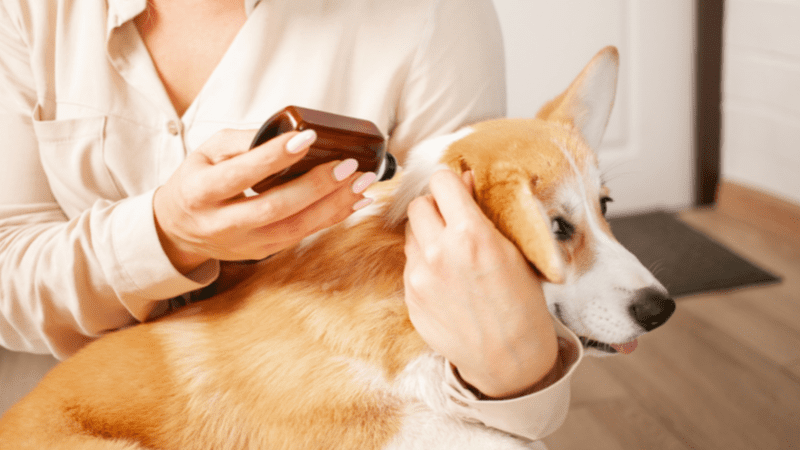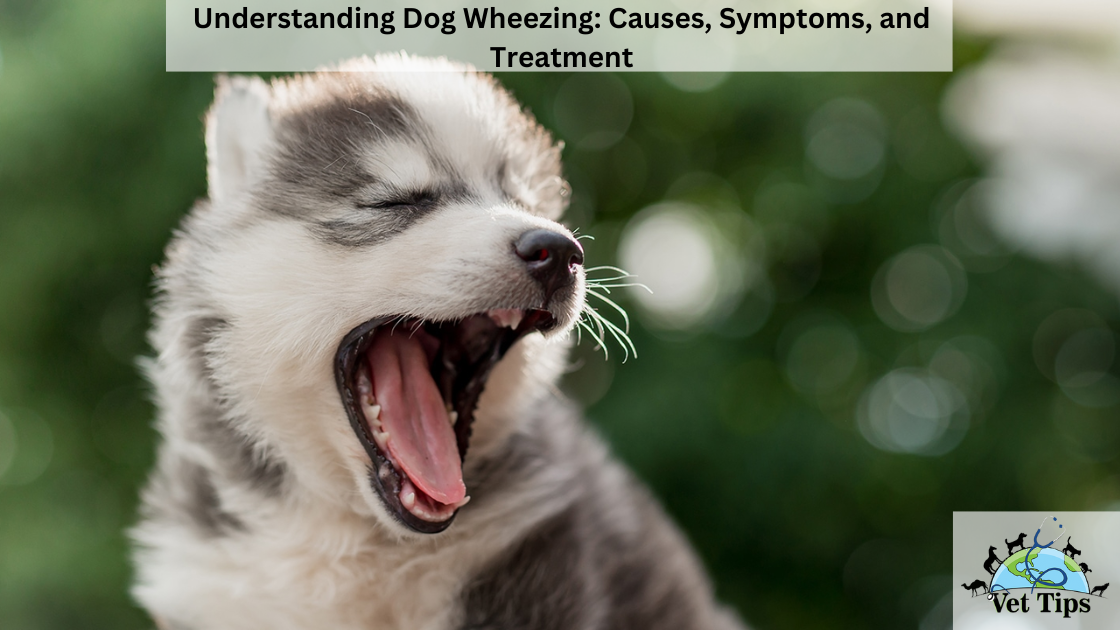Melatonin, often hailed as the hormone of sleep, isn’t just for humans anymore. Our beloved canine companions, who often suffer from sleep disturbances and anxiety, have sparked curiosity among pet parents. The burning question on many minds: Can you give dogs melatonin?
Can you give dogs melatonin?
Yes, you can give melatonin to dogs, but only in moderation and after consulting your vet.
Understanding Melatonin: Nature’s Sleep Aid
To unravel this mystery, let’s delve into the world of melatonin. Melatonin is a hormone naturally produced by the pineal gland in both humans and animals. This hormone plays a pivotal role in regulating sleep-wake cycles, helping to signal when it’s time to sleep and wake up. It’s no wonder that melatonin supplements have gained popularity among humans struggling with sleep disorders.
Melatonin in Dogs: The Canine Connection
Dogs, like us, have their share of restless nights. Whether it’s due to thunderstorms, separation anxiety, or adjusting to new environments, our furry friends aren’t immune to sleep disruptions. Veterinarians have explored melatonin as a potential remedy for canine sleep woes. But here’s the catch – it’s not a one-size-fits-all solution.
The Dos and Don’ts of Melatonin for Dogs
Before you rush to the nearest pet store, it’s crucial to understand the dos and don’ts of giving melatonin to your dog. Firstly, consult your vet. Every dog is unique, and what works for one might not be suitable for another. Your vet can determine the right dosage based on your dog’s size, breed, and overall health.
Dosage Considerations
When it comes to melatonin, less is often more for our canine companions. Starting with a low dosage is key. Typically, melatonin supplements for dogs come in tablet form, with dosages ranging from 1 to 3 milligrams. However, for small dog breeds, even a half-milligram can be effective. It’s essential to start with the smallest dosage and monitor your dog’s response before making any adjustments.
Monitoring Your Furry Friend
Introducing melatonin into your dog’s routine requires vigilant observation. Watch out for any adverse reactions, such as excessive drowsiness, upset stomach, or allergic symptoms. If you notice any concerning signs, halt the melatonin and consult your vet immediately.
The Melatonin Advantage: A Dog’s Best Friend?
Melatonin isn’t just a sleep aid for dogs; it can also be a lifeline for canines dealing with anxiety issues. Dogs prone to anxiety, especially during fireworks or thunderstorms, can find solace in melatonin. The calming effect can help them cope with stressful situations, making it a valuable tool in your pet-care arsenal.
A Tail-Wagging Conclusion
“Can you give dogs melatonin?” isn’t a straightforward yes or no. It’s a nuanced decision that requires careful consideration, starting with a conversation with your veterinarian. Melatonin, when used responsibly and under professional guidance, can indeed be a boon for your furry friend’s sleep and overall well-being.
So, as you ponder the sleep patterns of your loyal companion, remember: understanding melatonin’s potential is the first step towards ensuring your dog’s peaceful slumber and a wagging tail greeting you every day.
Is your pup facing skin issues: Our article “Canine skin issues and treatment” can help you out.
Similarly, if you want to study the melatonin structure and dosage in humans, here’s where you find it.








